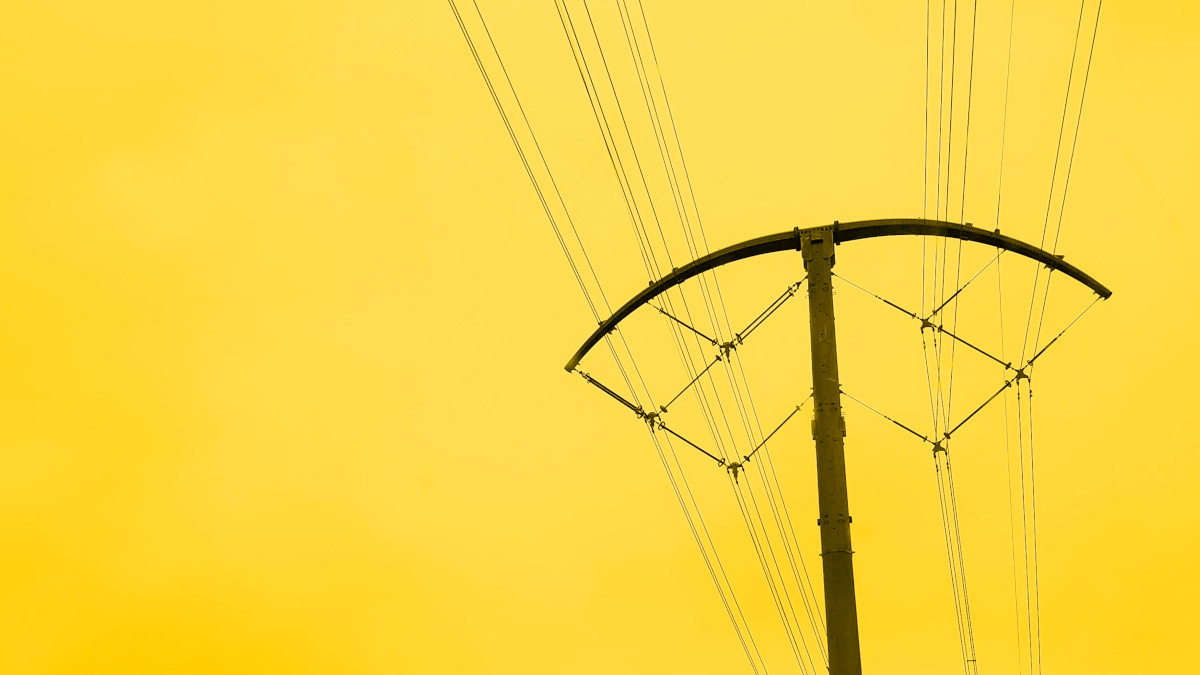Preventing powerline wildfires
On social contracts, 97-mph wind gusts, and what it costs to prevent the worst from happening
In response to an unbelievable wind forecast, Xcel Energy deliberately shut off the power to 55,000 customers in Colorado (especially in the Denver and Boulder areas). At least another 100,000 lost power due to wind damage.
■ The windstorm itself was exceptional: The peak recorded gust was 97 mph, with lots of other gusts recorded well in excess of 70 mph. Nature served up its worst, to be sure.
■ But the decision to actively shut down the power grid is a reflection of the reasonable concern over the fire threat posed by the winds. It was just a little over two years ago that a devastating fire ripped through the Boulder area. That fire was almost certainly caused by a broken power line.
■ The power grid as we know it relies upon a huge amount of above-ground transmission. Burial would self-evidently reduce the risk of damage from wind events, but it's a tremendously expensive undertaking and may be entirely infeasible for high-voltage transmission. Air is a resistor, while the ground is a conductor. The job can be done, but it can't be done on the cheap.
■ Society is going to have to figure out whether it's worth expecting utility companies to bear the much higher cost of prevention: They won't bear those costs alone, and the implicit social contract between regulated utilities and the public requires that the public's demands not come at the expense of bankrupting the energy companies. Wildfires caused by power lines are a cost, too, and simply shutting down the electricity when winds are strong seems like an inelegant long-term solution to the problem.



